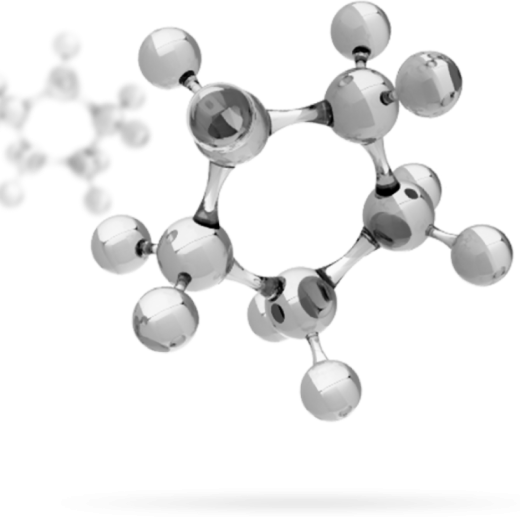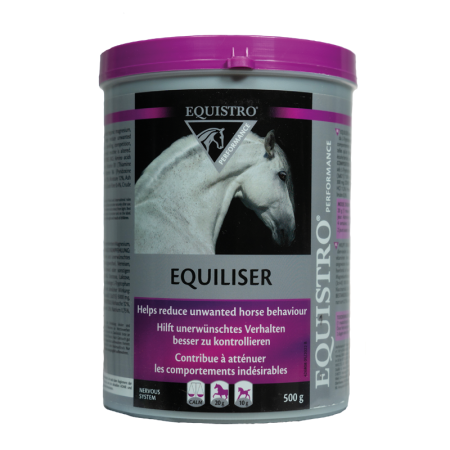
L-Tryptophan
Description
L-tryptophan is an essential amino acid. This means that it must be obtained through the diet in adequate quantities to meet the body’s needs, because it is not synthesized by the horse’s organism. L-tryptophan is obtained by the hydrolysis of protein by pancreatic enzymes during digestion.
Function
A part from its incorporation into body proteins as a building block, tryptophan is known to play important biological roles. Tryptophan is the precursor for the synthesis of serotonin, an important neuromediator associated to mood (happiness hormone), stress response, sleep and appetite regulation. Tryptophan is also needed for niacin production (vitamin B3). Low tryptophan diets are known to depress feed intake. L-tryptophan is also involved in other mechanisms such as modulation of insulin sensitivity for instance.
Sources
For healthy horses, receiving a well-balanced diet based on grass or legume pasture, hay and concentrate feed, the required levels of L-tryptophan can easily be covered whereas the amounts in flax seed and legume pastures are the highest.
Requirements
Horses with a body weight of 500kg should receive between 17 and 25 g L-Tryptophan daily depending on their level of work or efforts (lactation, growth).
Deficiency
The effects of essential amino acid deficiency are generally nonspecific, and many of the signs do not differ from the effects of partial or total caloric restriction. In general, the horse will have growth impairment, poor hair quality and hoof growth, weight loss, and inappetence. Milk production is decreased in lactating mares. Tryptophan deficiency would contribute to horse’s excitability.
Excess
In case of excessive protein intake, also an overdose of L-tryptophan could be considered as possible, leading to decreased performance, ammonia excretion and water consumption increase which sometimes can be also associated with edema. More particularly, excess of L-tryptophan supplementation can reduce endurance capacity with onset of fatigue and cause acute haemolytic anaemia if orally given in too large quantity, due to a toxic hindgut metabolite.

